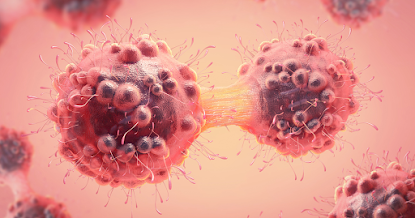
We've all been there at least once... The fridge is empty, no desire to cook, and junk food seems to be the only option, or the one we can't resist.
But as you should be aware, junk food is obviously bad for your health. Very addictive because of the ingredients it contains, its texture and tastes, make this food have a very negative impact on our body and mind.
Click through this gallery and discover the effects of junk food on your health.
Low nutritional value

Most junk foods are made up of carbohydrates, fats, and sodium, so they don't contain the nutrients your body needs.
Obesity

Junk food is also high in calories and can be addictive. Consuming more calories than your body needs can lead to obesity.
And obesity leads to many health problems. In addition to visual impairment, you may suffer from respiratory problems, among other things.
Breathing

Difficulty breathing, or even the development of certain respiratory diseases.
The respiratory system

A study showed that children who ate junk food at least three times a week were more likely to develop problems such as asthma, rhinoconjunctivitis, and eczema.
Consistency and Texture

Because of the consistency of junk food, you tend to chew less, and therefore eat faster.
Hunger

And in addition to eating faster, you'll eat more, and your brain won't have time to release leptin, the so-called satiety hormone.
The impact on your digestive and cardiovascular systems

Junk food is a sugar bomb. With the presence of these carbohydrates, your body will release insulin to control the spike in blood glucose.
This is how your body works. The problem is that if you do this regularly, you'll be more likely to develop insulin resistance and type 2 diabetes.
Mental Health

Eating junk food affects your mental well-being, in addition to your physical well-being.
A study has highlighted the fact that eating fast food and ready meals can increase the risk of depression.
Lack of energy, lethargy

Eating fat and carbohydrates is the perfect combination to leave you feeling drained, instead of feeling more energetic and energetic.
Overexcited

A study showed that artificial food colorings could increase hyperactivity in children.
Memory and cognitive function

Junk food can have an effect on this, as it will make you more tired and unable to concentrate due to the lack of nutritional value in these foods.
High sodium content

Sodium adds flavor to foods and is an important mineral. But excessive consumption can make you bloated.
But water retention isn't the only consequence of excessive sodium consumption. It can also increase your blood pressure and put stress on your cardiovascular system.
Additionally, too much sodium can increase the risk of kidney stones or kidney disease.
Artificial Food Colorings

The caramel coloring used in soda has been linked to cancer, so be careful with liquid foods as well.
Fragile bones

Excessive consumption of junk food can lead to decreased bone density. This is mainly due to the high sodium content of these foods.
Inflammation

Phthalates, chemical compounds found primarily in plastic and food packaging, increase inflammation levels in the body. This can lead to several health problems.
Reproductive System
Phthalates can also affect the way your hormones work, potentially affecting your fertility.
Dietary Fiber

Junk foods lack dietary fiber. This means that if you consume a lot of them, it will affect your digestive system and potentially make you constipated.
Cancer

Meat cooked at high temperatures produces heterocyclic amines. According to a study, these compounds may increase the risk of developing cancer.
Teeth

The acidic nature of most junk foods, including soda, can damage tooth enamel, leading to cavities.
Skin

Excessive sugar consumption leads to inflammatory problems, including acne and eczema.
Trans Fats

Artificial trans fats are often found in junk food.
Consuming them can increase bad cholesterol and decrease good cholesterol.
But that's not all! You also risk developing type 2 diabetes and heart problems.




No comments:
Post a Comment
if you have any doubts, please let me know